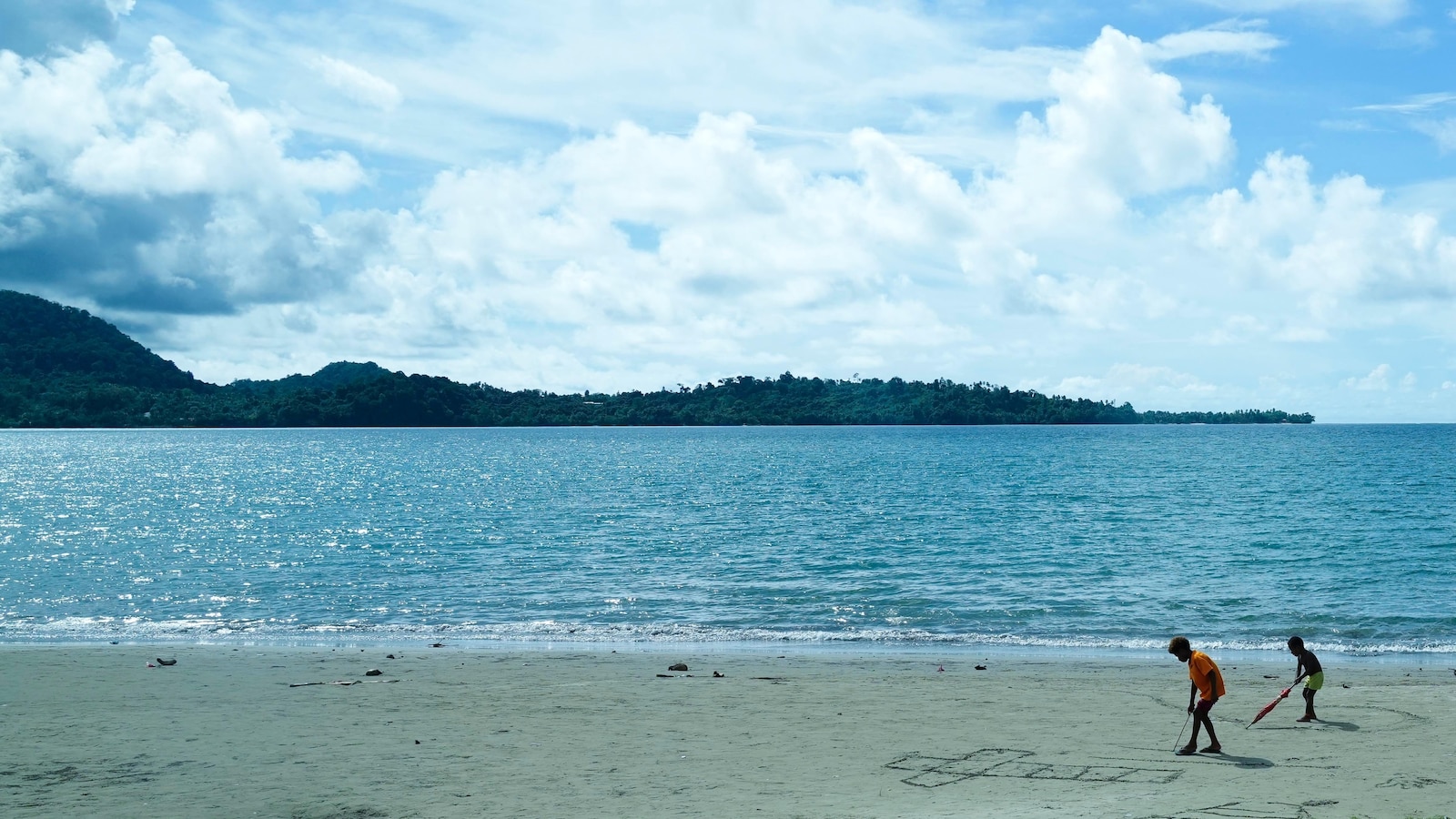
MELBOURNE, Australia — MELBOURNE, Australia (AP) — U.N. chief Antonio Guterres congratulated Papua New Guinea on Wednesday for its global leadership role on climate change during the first visit by a serving United Nations secretary-general to the South Pacific island nation.
Guterres’ visit comes ahead of the developing nation commemorating the 50th anniversary of its independence from near-neighbor Australia on Sept. 16.
He said the first lesson Papua New Guinea had taught the world was the “art of forging consensus through dialogue” since becoming an independent nation.
“The second lesson you offer to the world is bold climate action,” Guterres said in an address to the National Parliament in the capital Port Moresby.
“Time and again we have seen climate leadership flow not from countries with the most wealth and power but from those who know the stakes firsthand,” he added.
Guterres credited Papua New Guinea with playing a leading role in initiating the International Court of Justice’s advisory opinion in July that countries could be violating international law if they failed to take measures to protect the planet from climate change, and nations harmed by its effects could be entitled to reparations.
The ICJ’s non-binding opinion, backed unanimously by the court’s 15 judges, has been hailed as a turning point in international climate law.
The case was led by the South Pacific island nation of Vanuatu and backed by more than 130 countries.
“It’s a testament to the leadership of Papua New Guinea, Melanesia and the wider Pacific region,” Guterres said.
“Papua New Guinea does not contribute to climate change. You are even a carbon sink country,” he added, referring to the nation’s forests and surrounding sea grass absorbing more carbon dioxide than the population emits.
Guterres did not mention that Papua New Guinea has been exporting liquid natural gas since 2014 and plans to expand that fossil fuel industry.
Papua New Guinea Prime Minister James Marape told Parliament in response to Guterres’ speech that his nation’s “development pathway will be green, resilient and inclusive.”
Marape has long argued that the biggest carbon-emitting countries had a “moral obligation and the bigger responsibility” to manage climate change.
He was critical of President Donald Trump withdrawing the United States from the landmark Paris climate agreement in January.
Paul Barker, executive director of the Port Moresby-based think tank Institute of National Affairs, said Papua New Guinea’s effectiveness as a carbon sink had likely been reduced by decades of rain forest logging.
“It’s a mixed story and the data is a little uncertain,” Barker said on changing land uses under what the government calls forest conversion agreements.
Papua New Guinea is the South Pacific’s most populous country after Australia. Australia has 27 million people while Papua New Guinea’s statistical office estimates its population is approaching 12 million. A widely accepted census has not been completed since 2000.
Papua New Guinea is also an extraordinarily diverse population, with more than 800 Indigenous languages.
Antworten